Buying property in Cyprus remains attractive to both local and foreign investors due to the stable market and relatively affordable mortgage lending conditions.
In 2024, the property market in Cyprus is showing steady growth despite global economic challenges. Demand for residential and commercial property is increasing, particularly in major cities such as Nicosia, Limassol and Paphos. Foreign investors are showing increased interest in Cypriot real estate, which is fuelling capital inflows and pushing up prices in the market.
At the same time, the rise in mortgage rates is affecting the affordability of housing. Rates, which were previously in the range of 2-2.5%, reached 5.19% by January 2024, leading to an 11.76% decline in mortgage lending in the first quarter of 2024 compared to the fourth quarter of 2023. Despite the subsequent stabilisation of rates at around 4.59%, lending conditions remain less comfortable than in previous periods. These trends underline the need for careful analysis of financial capacity and mortgage lending conditions when planning a property purchase in Cyprus.
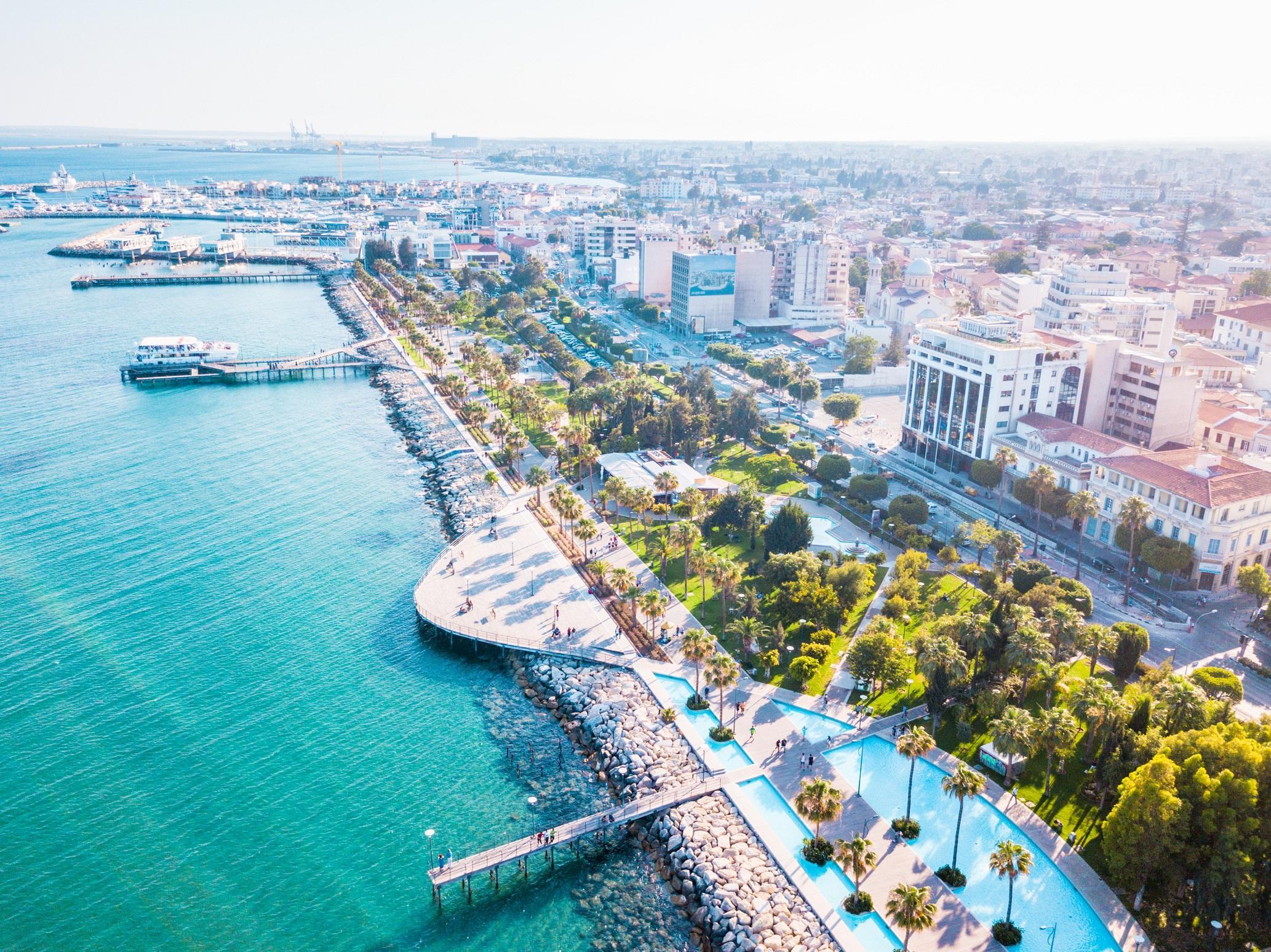
Mortgage Conditions for Foreigners
Buyers can expect to receive a mortgage loan subject to the following conditions:
- Deposit. For foreign nationals, banks usually require a deposit of 30-40% of the value of the property. For Cypriots, this figure may be lower - around 20%.
- Interest rates. In 2024, mortgage interest rates will be between 3.34% and 5.5%, depending on the bank, the amount of the loan and the financial situation of the borrower.
- Loan terms. The mortgage term can range from 5 to 40 years, and the age of the borrower at the time of repayment of the loan should not exceed 65-70 years.
- Documents required. To apply for a mortgage, banks usually require the following documents
- A copy of a valid passport.
- A completed application form provided by the bank.
- Confirmation of income: employment certificate, tax return, bank statements.
- Documents relating to previous loans (if any) and a certificate of no debts.
- A copy of the preliminary or final contract with the seller of the property.
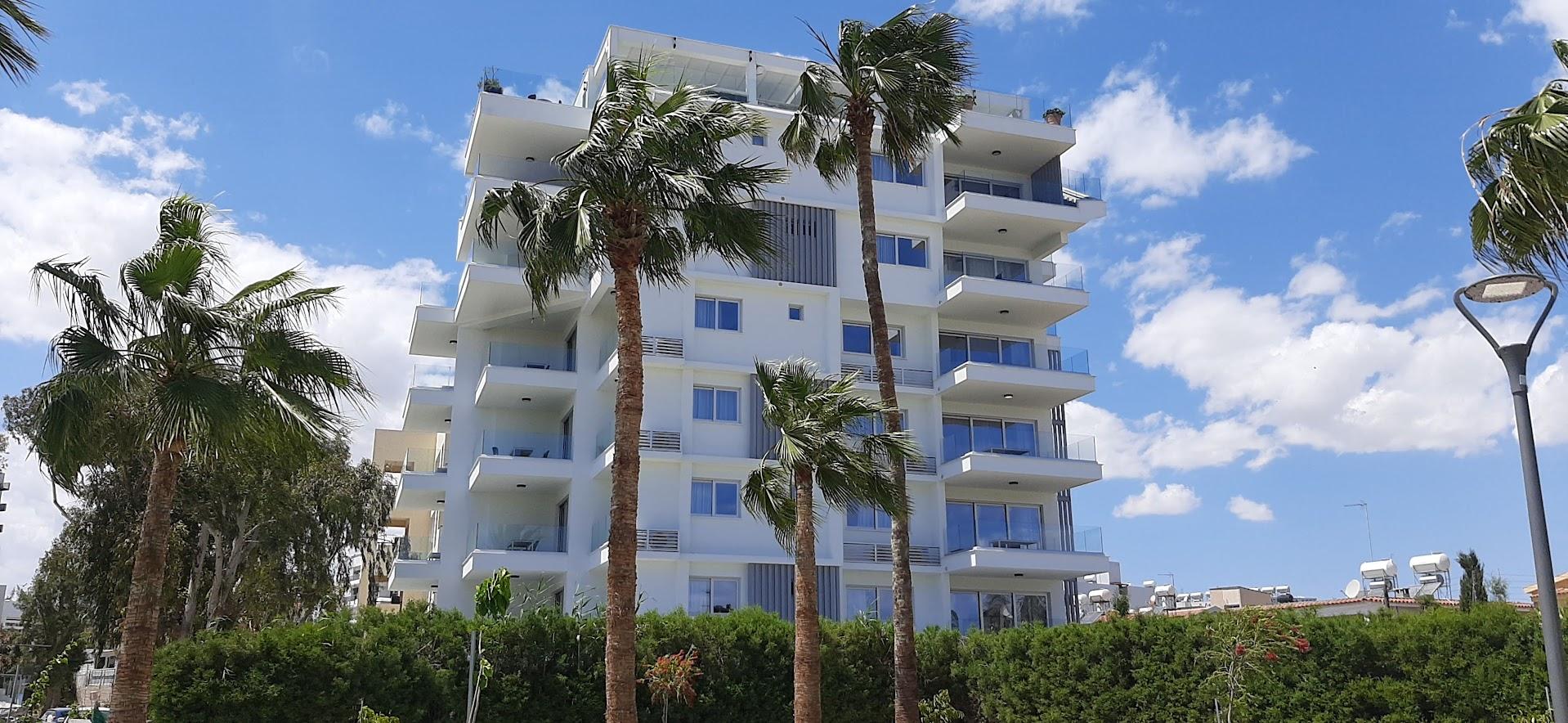
An independent surveyor's report on the market value of the property.
Example of mortgage calculation for an apartment worth 300,000 euros.
Let's take an example of an apartment in Larnaca, Cyprus worth €300,000. For example, a two-bedroom apartment in a modern residential complex near the city centre, 2.6 km from the Mediterranean Sea.
It should be noted that the total tax cost changes if the property is new or second hand. In the former case, VAT is 19% on the purchase (5% on new medium-size dwellings); in the latter case, there is a transfer of ownership tax
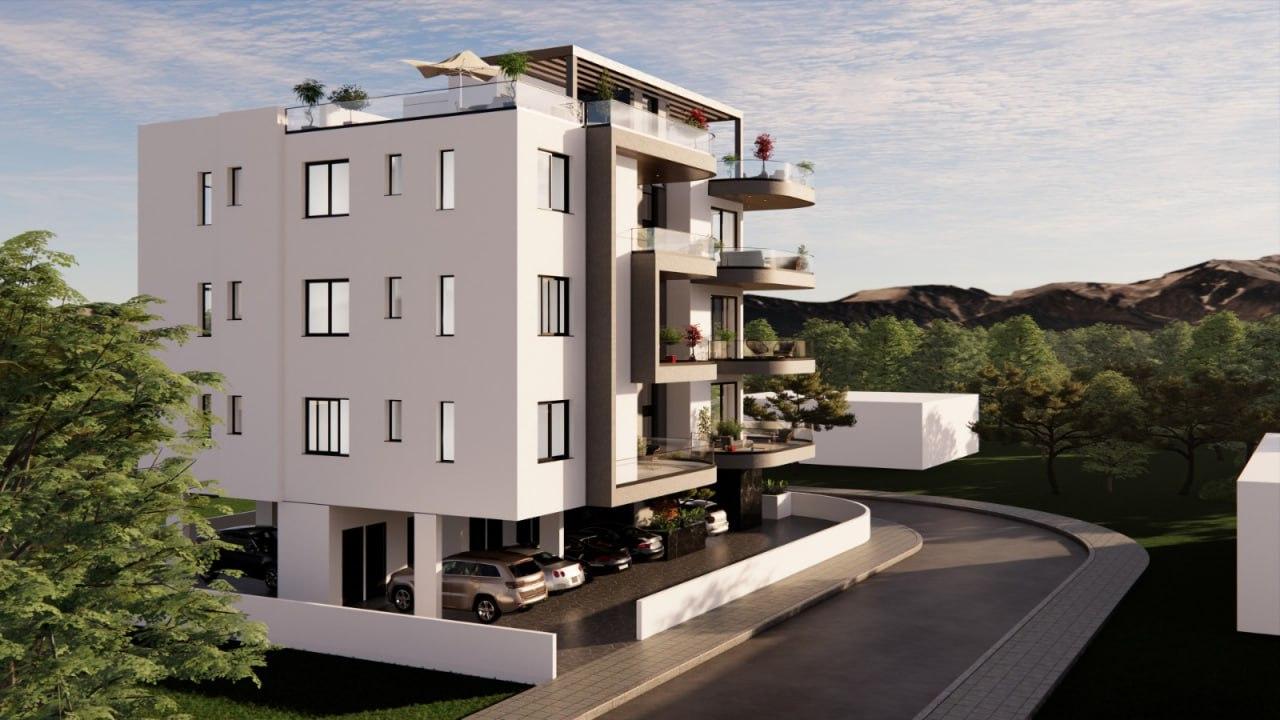
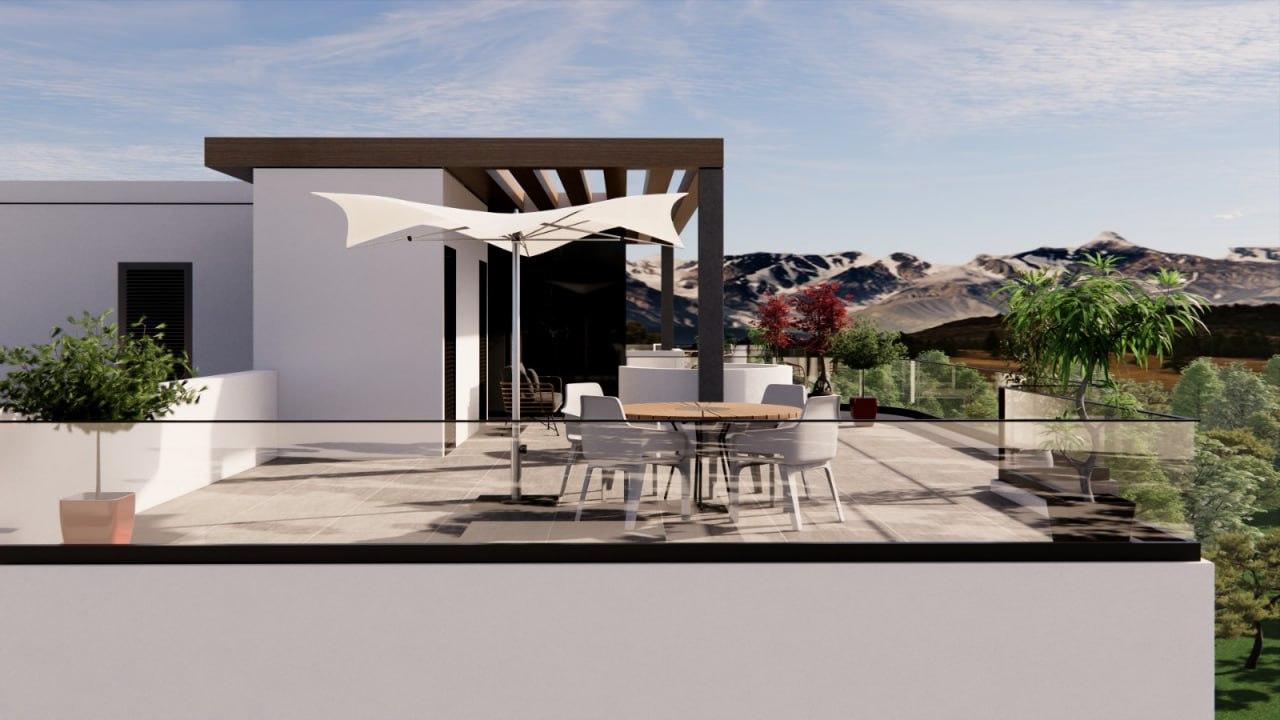
- The cost of housing: 300 thousand euros.
- Deposit: let's say 30% of the value, which is 90 thousand euros.
- Loan amount: the remaining 70% - 210 thousand euros.
- Interest rate: assume 4% per year.
- Credit period: 30 years (360 months).
To calculate the monthly payment, we use the annuity formula:
M = P × (r × (1 + r)^n) / ((1 + r)^n - 1)
Where:
- M - monthly payment.
- P - loan amount (€210,000).
- r - monthly interest rate (annual rate of 4% divided by 12 months: 0.04 / 12 = 0.003333).
- n is the total number of instalments (360).
Substituting the values, we obtain
M = 210,000 euros × (0.003333 × (1 + 0.003333)^360) / ((1 + 0.003333)^360 - 1) ≈ 1,002.85 euros
The monthly payment will therefore be approximately €1,002.85.
Additional costs when buying a property in Cyprus
There are additional costs to consider when applying for a mortgage:
- Bank fees. This is usually a percentage of the loan amount. In this case it is €2,100.
- Insurance. The annual cost of insuring the property and the borrower's life can be between €500 and €1,800, depending on various factors.
- Stamp duty. A one-off tax payable within 30 days of the purchase of the property. The rate depends on the value of the property:
- 0% - up to €5,000.
- 0.15% - between €5,001 and €170,000.
- 0.2% - over €170,000.
For a property worth €300,000, the stamp duty is
0.15% of €170,000 = €255.
0.2% of €130,000 (€300,000 - €170,000) = €260.
Total: €255 + €260 = €515.
- Transfer tax. For a second home worth €300,000, the tax rate is calculated on a progressive scale:
- 3% - up to €85,000: €85,000 × 3% = €2,550.
- 5% - from €85,001 to €170,000: €85,000 × 5% = €4,250.
- 8% - over €170,000: €130,000 × 8% = €10,400.
Total: €2,550 + €4,250 + €10,400 = €17,200.
Please note that no transfer tax is payable on the purchase of a property subject to VAT. In all other cases a discount of % will be applied to the above amount.
Value Added Tax (VAT) on the purchase of property in Cyprus
When purchasing a new property in Cyprus, the buyer is liable to pay VAT. The standard rate is 19% of the value of the property. It should be noted that if this is your first purchase on the island for your own residence, you may qualify for a preferential rate of % if certain conditions are met:
- The area of the property. The preferential rate applies to the first 130 square metres of living space.
- The value of the property must not exceed 350,000 euros, with a total value not exceeding 475,000 euros.
- Obligations. The purchased property must be used as a primary residence for at least 10 years; during this period, it is forbidden to rent out the property, otherwise the tax office will require a recalculation.
If the conditions for the preferential rate are not met, the buyer must pay the difference between the standard rate and the preferential rate. To obtain the exemption, an application must be made to the Cyprus Revenue Authority.
It is advisable to take these tax obligations into account when planning your property purchase budget and to consult a professional lawyer or tax advisor for an accurate calculation of all costs.
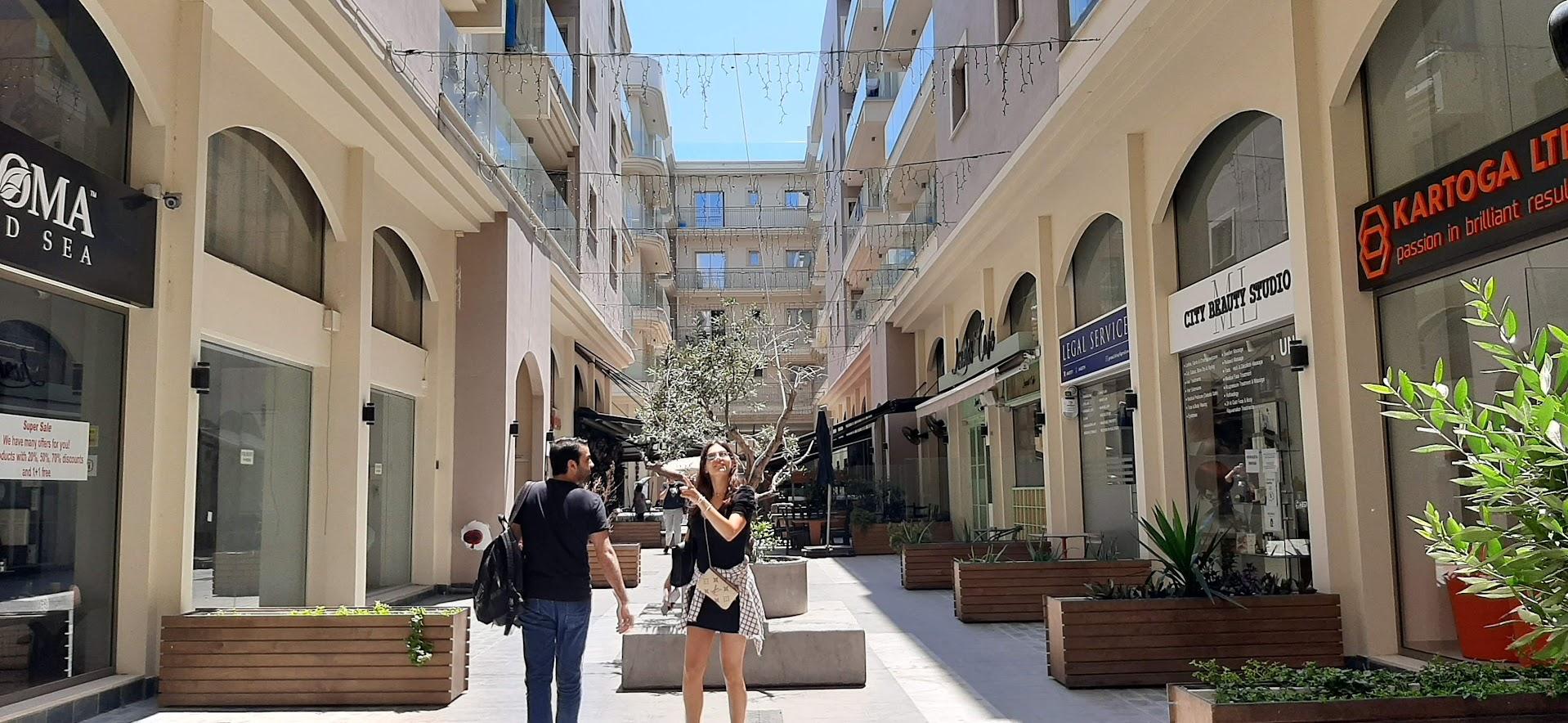
Interest Rates: Fixed and Variable
In Cyprus, banks offer both fixed and variable rates on mortgages. Variable rates are usually linked to the European Central Bank (ECB) base rate or the EURIBOR interbank rate, and can vary according to their fluctuations. This means that monthly payments can rise or fall depending on the movement of these rates.
Fixed rates, on the other hand, are set for a fixed period - usually 3, 5 or 10 years. During this time, the interest rate remains the same, providing predictability of monthly payments and protecting the borrower from possible fluctuations in market interest rates. At the end of the fixed period, the rate can be renegotiated to reflect current market conditions.
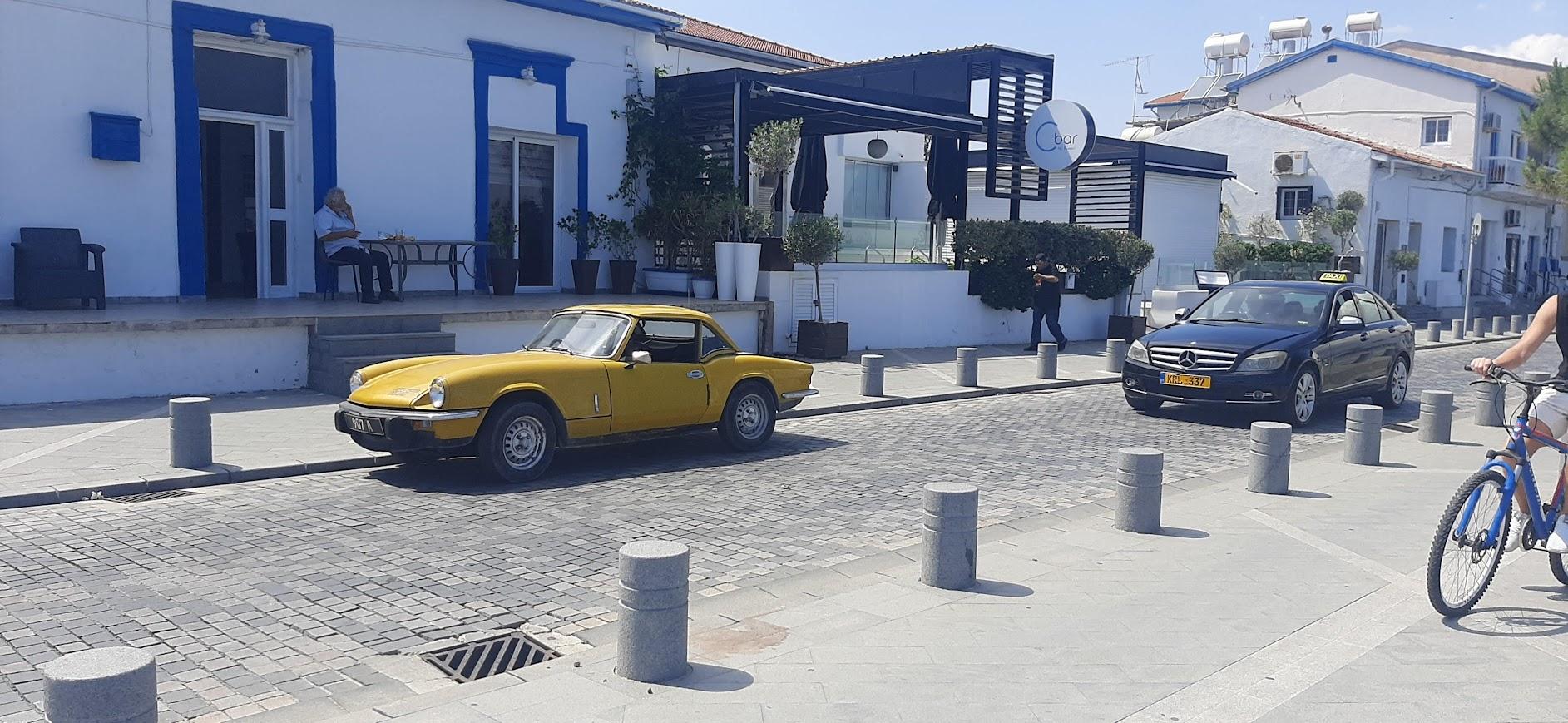
Security for mortgage payments in the event of unforeseen circumstances
When taking out a mortgage in Cyprus, banks usually require life insurance for the borrower. In the event of the borrower's death, the insurance company will pay off the remaining debt to the bank, thus protecting the heirs from financial obligations. Therefore, there is usually no need for an additional person to pay the mortgage in the event of unforeseen circumstances.
However, if the borrower wishes to strengthen the guarantees, a co-borrower or guarantor may be considered. In the event of the death of the main borrower, the co-borrower or guarantor is required to continue to make payments on the loan. This provides additional security to the bank.
It is advisable to discuss these options with your lender and legal advisor to find the best solution that suits your needs and protects your loved ones.
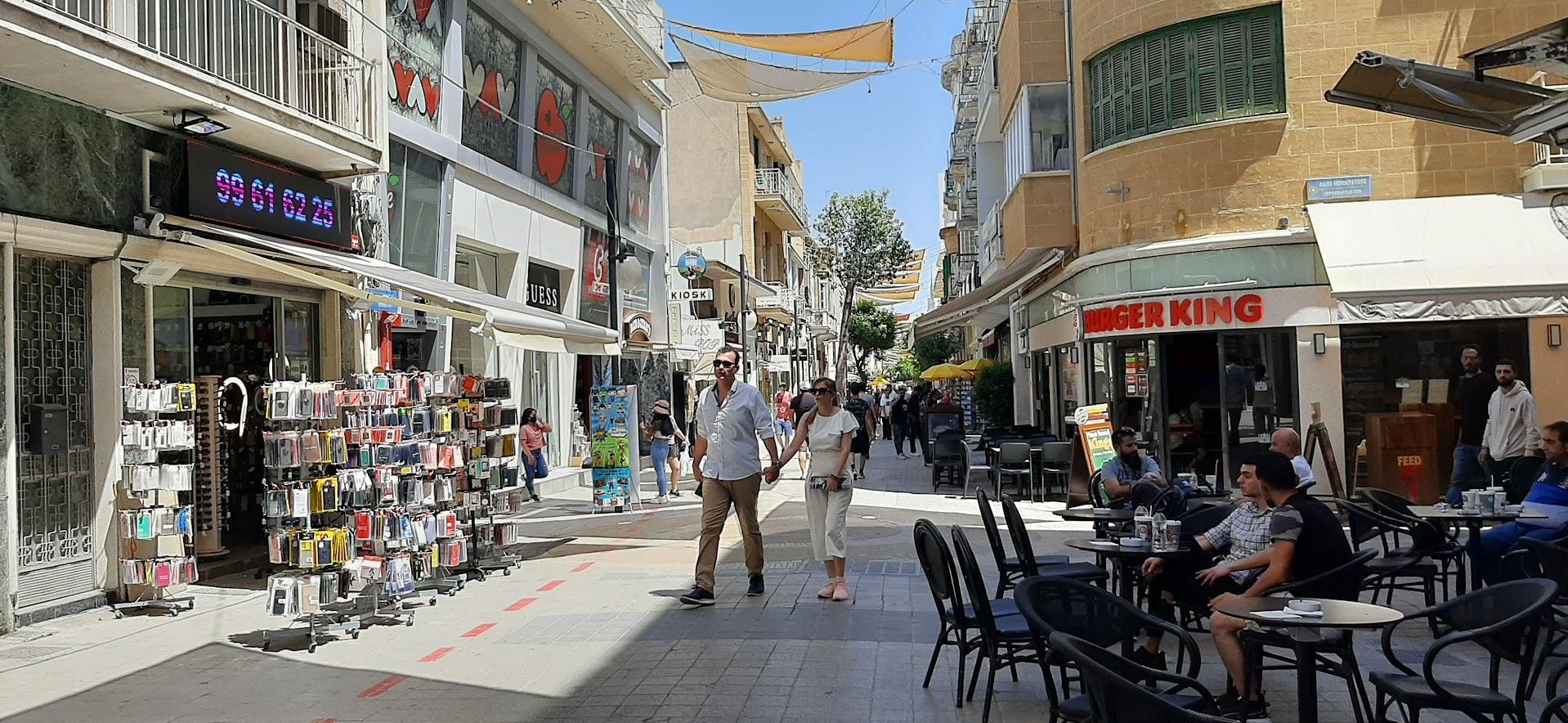
Portrait of a typical property buyer in Cyprus
Property buyers in Cyprus are both local and foreign. They can be divided into several categories:
- Locals. Cypriot citizens buying a property for their own use or as an investment. They usually enjoy more favourable mortgage terms, including lower down payments and lower interest rates.
- Foreign investors. Citizens of other countries who are interested in buying property in Cyprus for holidays, permanent residence or rental income. Banks impose stricter conditions on them, including a relatively high deposit (usually 30-50%) and higher interest rates.
- Buyers with the intention of obtaining a residence permit. Foreign nationals who purchase property for an amount that meets the requirements for obtaining a residence permit in Cyprus. Such investments are often subject to special conditions and benefits. If a property is purchased for €300,000 or more, the buyer is automatically included in the programme for the expedited registration of permanent residence for the family. For a smaller amount, the buyer is likely to be granted a visa residence permit and his family will wait indefinitely for a permanent residence permit, which many are quite happy with.
Regardless of the category of buyer, it is important to carefully assess their financial capabilities and choose the most appropriate mortgage terms, taking into account both current interest rates and possible changes in the future.
Please note that all of the above calculations are approximate. The exact terms will depend on the specific bank, the borrower's financial situation and other factors. It is recommended that you contact your chosen bank directly for a personalised offer.
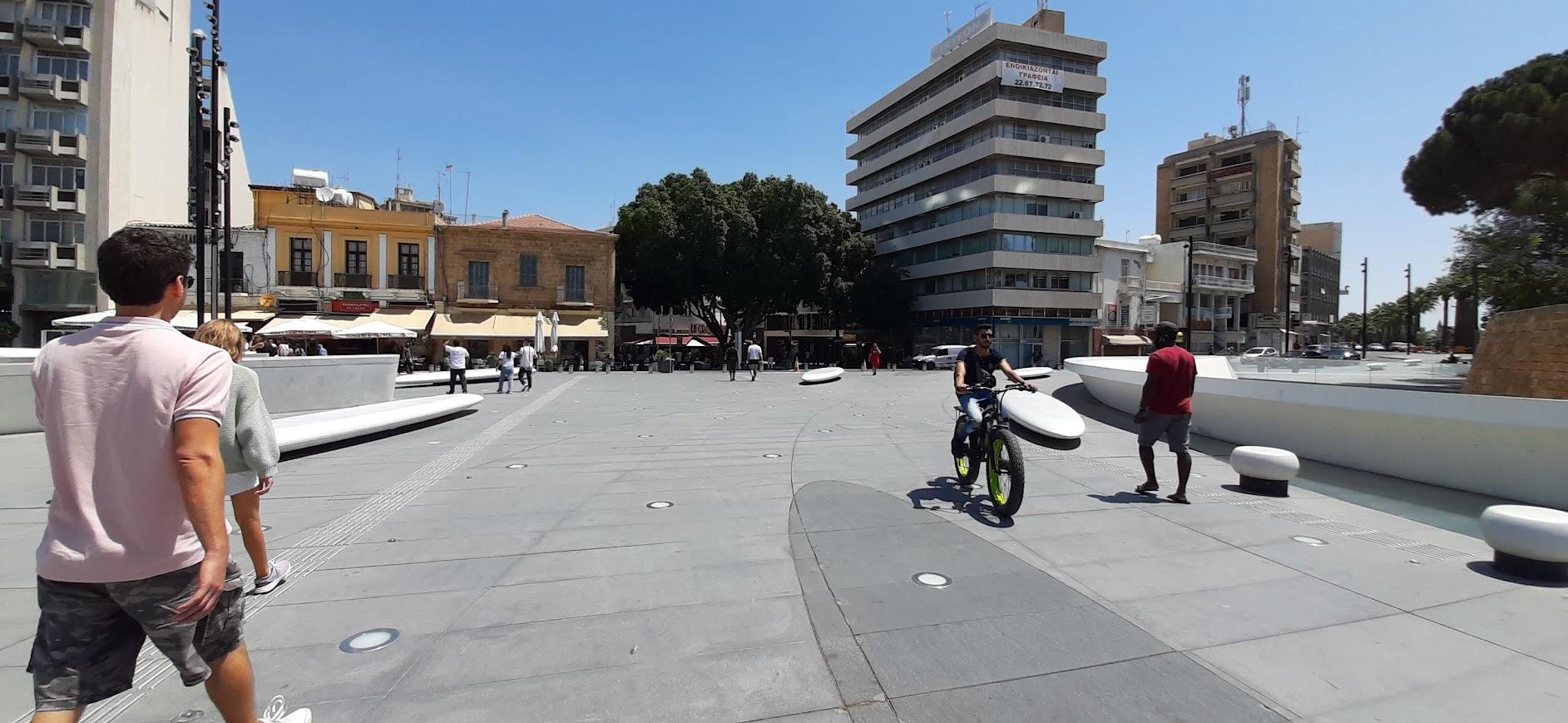
Read also:

